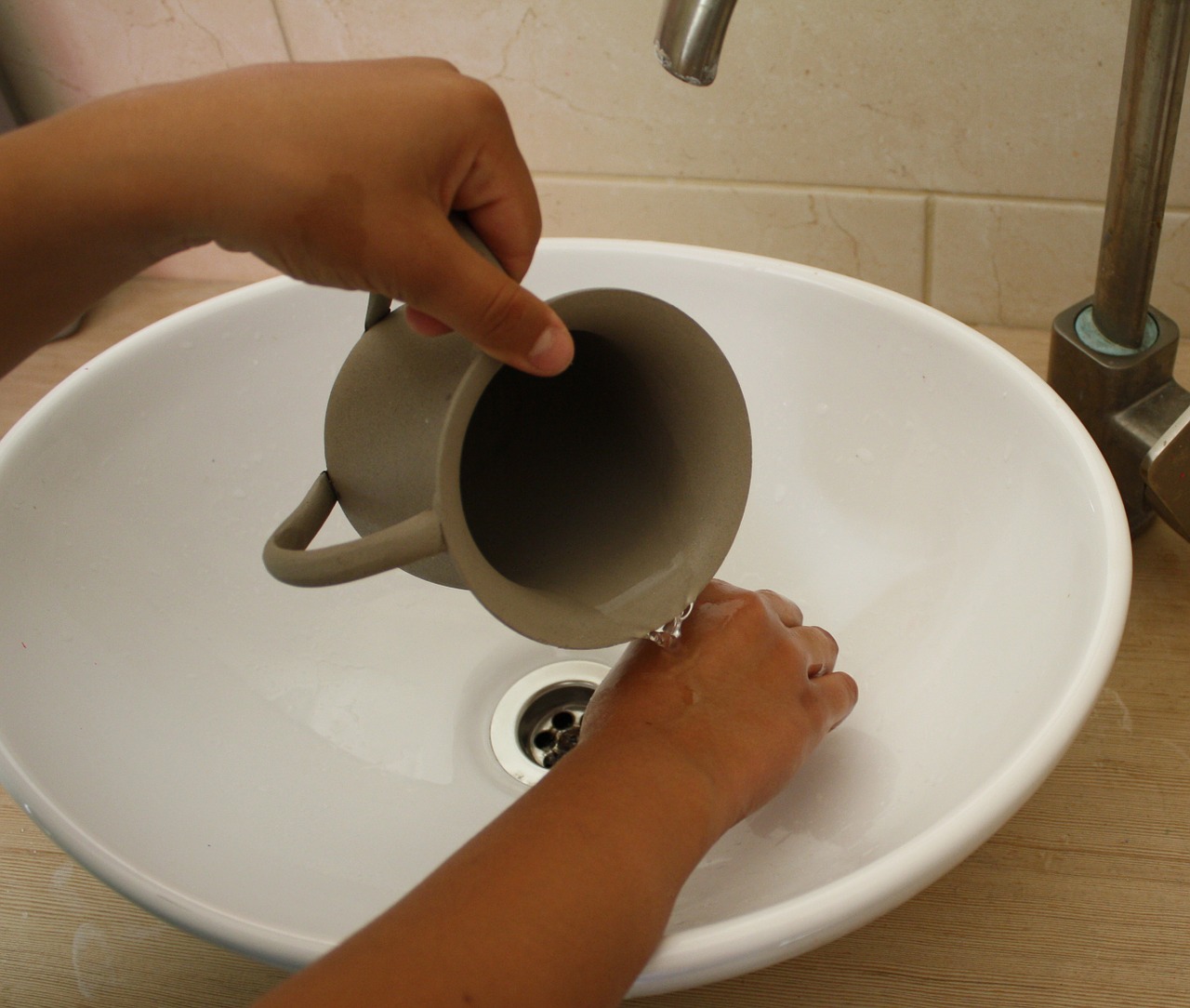“Why do your disciples break the tradition of the elders? They don’t wash their hands before they eat!”
Matthew 15:2 (NIV)
Before they eat – There’s a lot going on here that non-Jews may not realize. In fact there’s a lot going on which the NIV completely misses and therefor misinterprets. It all has to do with the Jewish halacha (Talmudic law) of washing hands before/after eating a meal that involved bread.
To clarify, this isn’t a law found in the Bible. It’s part of the Talmud, not the Torah.

The first thing to note is that the Greek word that’s translated as “before” is hotan. But hotan does not mean “before, ” but instead means “while.” And when viewing the root word, hote, we see that it can mean “after,” but never “before.” The word for “before” in Greek would have been prin. So why did the NIV translators decide to write “before” instead of “after”? This is because we’re all familiar with washing our hands before we eat a meal. There’s Jewish halacha that supports this as well. But more interesting is that there is also a tradition called mayim achronim which instructs the washing of hands after a meal involving bread or the “salt of sodom.”
The second thing to note is that the NIV decided to completely leave out the word “bread” from the verse. The Jewish emphasis for washing one’s hands is strongly tied to the involvement of bread in the meal.
Basically the NIV completely separated this from any Jewish halachic tradition by mistranslating the debate about washing hands between the Pharisees and Yeshua. The King James gets us closer by stating “when they eat bread.” But without understanding the Jewish halacha, we still miss what’s going on here.
Yeshua isn’t concerned about the added Jewish Talmudic laws. He still lived by them as a Jew would, but stresses that their importance is second to the commandments of God and should never parallel them in hierarchy. Yeshua continues to turn their focus to the heart, and not the superficial outer appearance.
So while this is a minor mistranslation that doesn’t necessarily influence our behavior, it still separates us from the culture of what’s being discussed. Because of this, our cultural understanding of the 1st century Jewish life is lost, and our growth in knowledge becomes stagnant. The only way to stop this from happening is to study. Learn about the culture and the people involved in the stories.

Leave a Reply